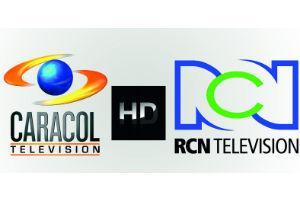 While discussing whether or not channels can charge for their HD signal, it has been questioned whether or not the ANTV has the competence to make decisions in this case.
While discussing whether or not channels can charge for their HD signal, it has been questioned whether or not the ANTV has the competence to make decisions in this case.
By Richard Santa
Since last April, a strong controversy broke out in Colombia between subscription television operators and national open television channels for their high-definition signal. Three months later, no solution could still be found.
It all began after the intention of the Caracol and RCN channels to charge for the retransmission of their signals in high definition. The announcement was accompanied by the withdrawal of the signal until a payment agreement was reached. This situation generated great impact because it was done weeks before the World Cup began in Brazil.
Faced with the first pronouncements of regulators, such as the National Television Authority, ANTV, the Superintendence of Industry and Commerce and the Ministry of ICT, the channels agreed to reestablish their HD signal while the football championship was held, but on July 16 the signal was again withdrawn for subscription TV operators, being only available for cities where digital television is currently in service.
The private free-to-air television channels base their position on the fact that the HD signal was retransmitted thanks to agreements that were made between both parties, and that were renewed periodically. The last one expired on March 31 and at the time of the negotiation to renew it, the operators did not accept the new conditions.
The channels also maintain that pay-TV operators charge their subscribers additionally for the high-definition signal. That is to say that they are profiting thanks to a high investment in technological renewal that they made, while international channels must be paid. They say that if the HD signal is free, operators should guarantee it even for those who do not pay for the ADDITIONAL HD package.
Response from operators
Obviously, subscription TV operators have rejected this pretense, assuring that it is an illegal measure, since, in their view, it ignores the current regulations (CNTV Agreement 2 of 2012, Article 9), which obliges open channels to transmit the two signals (analog and digital) until the analog blackout arrives or broadcasts of the analog signal.
In addition, it does not allow them to comply with Article 25 of the aforementioned agreement, which establishes that closed television operators are obliged to transmit all signals. The operators have also stated that because they are national and open signal channels, they must guarantee access to their signal and that if that cost is generated, it would mean an increase in the cost of the service that would be transferred to subscribers.
Andrea Muñoz Gómez, spokeswoman for UNE EPM Telecomunicaciones, said that "if the defense of the user's right to receive the HD signal is not adopted, the law (Article 11 of Law 680 of 2001) and the pronouncements of the Constitutional Court would be violated, the defunct National Television Commission and the Superintendence of Industry and Commerce, in addition to the fact that a particular interest would prevail over the general one and what said regulations sought would be unknown: the fundamental right to information, democratic access to different sources of information, education and entertainment, and the promotion of culture."
In a joint statement issued by UNE EPM, Claro, Movistar and DirecTV after announcing the suspension of the HD signal as of July 16, they said: "We trust that the competent authority will resolve this situation as soon as possible to eliminate the uncertainty of Colombians and guarantee their rights. The conflict of private television channels is not with subscription TV operators but with the thousands of Colombians who cannot enjoy a free signal ."
Actions of regulators
Since this controversy began, the ANTV Board began a series of analyses and consultations arguing that for this case substantive decisions must be made that issue the regulations for the future. Within this framework, a study was carried out on television in the country, through which it was sought to establish how users access the service. This was arranged for comments from stakeholders: channels, subscription TV operators and industry associations.
Among the main conclusions of the study, he points out that no cases were found in which the set top boxes that subscribers had prevented the reception of the radio frequency (RF) signal, since they were connected to the TV through RCA or HDMI type cables. In addition, few households had an air antenna to access the open television service and only 1.5% of pay-TV subscribers had an antenna to combine the two services.
The Superintendency of Industry and Commerce also got into the issue and ordered, by judicial decision, that subscription TV operators must have authorization from RCN and Caracol to retransmit the signal of these channels. The precautionary measure was decided by the SIC at the request of the channels.
Many voices have joined this controversy. One of them is the Comptroller General of Colombia, Sandra Morelli, who alerted the government about what could become a detriment to the public treasury, since public investments that seek to implement digital television would be at risk. The Attorney General of the Nation, Alejandro Ordoñez, also spoke in the same direction.
Is ANTV competent?
The issue of regulators' powers has also been a point of contention. While the operators went to the ANTV when the controversy broke out, the channels have maintained that this entity has no competition and have gone to the Superintendence of Industry and Commerce and the Telecommunications Regulation Commission, CRC.
In its report after the closing of the call to present the final arguments of the study on the analysis of access to television by Colombians, the ANTV indicated that:
"at closing and within the term established by the entity, we received pronouncements from the following entities: Une Comunicaciones, Telefónica, DirecTV Colombia, Telmex Colombia, Andesco, Cable Visión de Ibagué and City TV. Likewise, Caracol Televisión and RCN Televisión, who jointly reported their position in a single report, were presented outside the term defined in the administrative acts".
After this pronouncement, the channels were much harsher with the entity, reiterating that the ANTV is not competent in this case and formally requesting that the file it advances be sent to the CRC. In addition, they alleged that the ANTV has not guaranteed them due process and has disseminated information that is not true about them, referring to the fact that they did not deliver their conclusions of the study on time.
Finally, they asked the ANTV that before making any determination regarding the administrative action referred to in Resolution 1612, it respond to the petitions for nullity and revocation presented on July 21 by both channels.
Three months after this controversy began, the HD signal of Caracol and RCN is still suspended in the subscription TV operators, each of the parties defend and radicalize their positions and the regulators ANTV, CRC and SIC, continue to analyze the decisions that will be taken in this regard. Meanwhile, those affected are the users of the television service.
Among the analyses and arguments that have been made of this case, voices were raised that maintain that it is a consequence of a regulatory framework that does not meet the demands generated for the television industry by new technologies. Will this be the time and opportunity to update them?



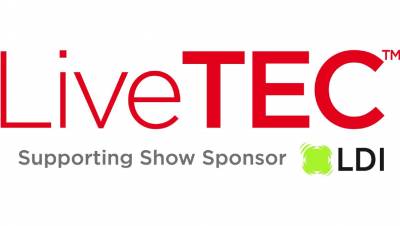

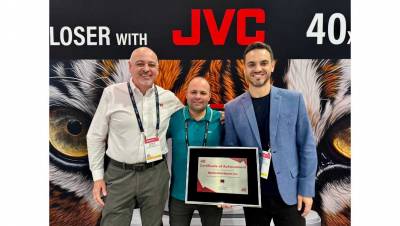





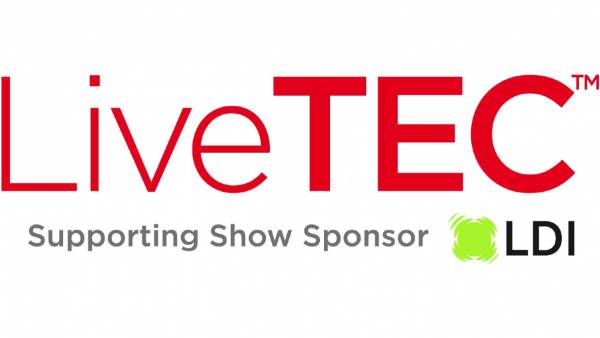
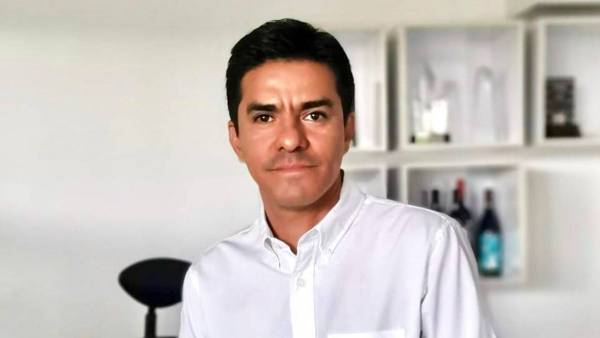

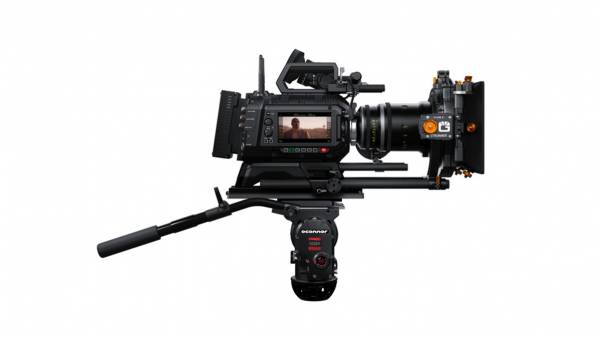









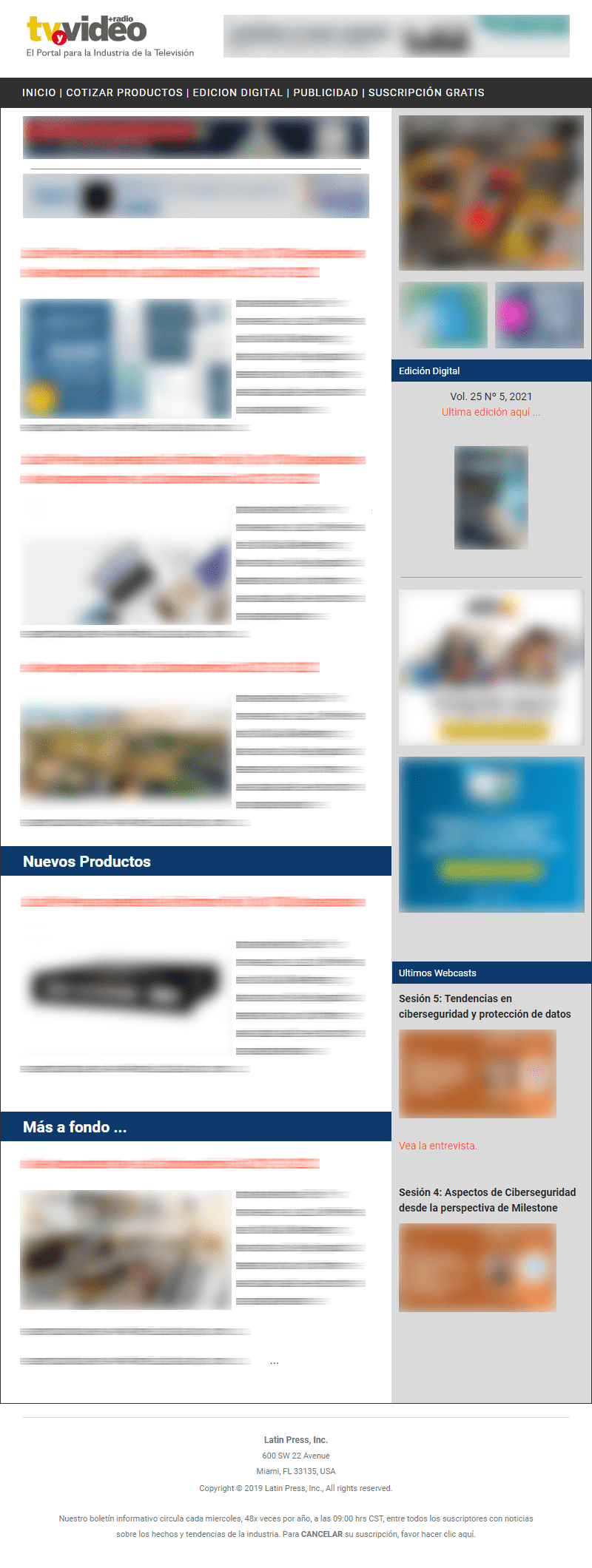
Leave your comment